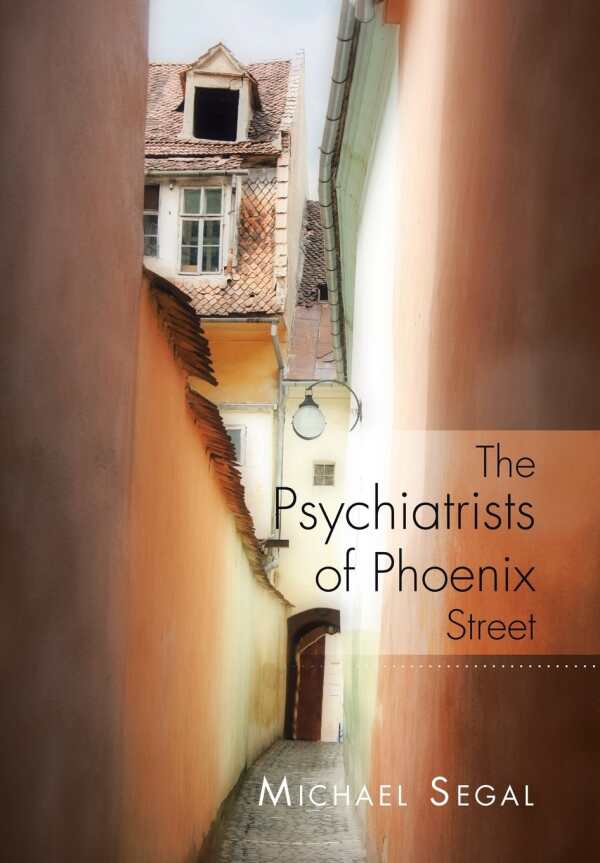The Psychiatrists of Phoenix Street
These stories are both gorgeous in their array and, collectively, are a compelling picture of a national identity built on diversity and survival.
From Romanian-born psychiatrist Michael Segal comes The Psychiatrists of Phoenix Street, a sensitive and dynamic answer to patient case studies: a diverse collection of vignettes that bring together years of work in Israeli offices and hospitals. Drawing on the histories of patients ranging from the genuinely ill to the consistently hurting, Segal manages to paint the picture of a nation whose people struggle, for reasons personal and historical, toward health and wholeness.
The work gets off to a somewhat stilted start, with Segal trying, in a few pages, to describe his childhood in Bucharest and explain how he made his way toward medicine. The descriptions of his early home are lovely, though a brief meditation on why he turned toward science becomes a bit linguistically clinical. But talk of “the asymmetry of [his] cerebral hemispheres” gives way to Segal’s intriguing stories themselves, which are related with verve and sensitivity.
The first patient up is Amir, who seems to be suffering from a psychotic break. Segal approaches his case with curiosity and creativity, both hearing the patient and his loved ones out and working to explain Amir’s difficulties in inventive ways. This dance—between the scientific, the humane, and the investigatory—becomes characteristic of the work.
Amir is diagnosed with lead poisoning and sent home to his workshop with a healthy path forward. Not all of Segal’s patients prove so easy to cure. Some require medication, as with the immigrant from Russia whose harrying story of accidentally leaving his bipolar medication in his homeland winds toward a frantic, if happy, ending. Most, though, deal with the psychological aftereffects of Israel’s continuing story: The trauma of war. The pain of surviving the Holocaust when so many did not. The discomfort of being displaced.
Segal’s portraits are both gorgeous in their array and, collectively, are a compelling picture of a national identity built on diversity and survival. The stories examine the Yom Kippur War as experienced by many of Segal’s patients: the claustrophobia of being surrounded by hostile forces on a holy day, the fear and hurt associated with being caught, tortured, and surviving. The Holocaust, too, provides ground for survival narratives: patients who survived multiple camps, dependent on ingenuity and snippets of grace, articulate heart-breaking stories under the looming banner of “am I crazy?”
Most often, Segal’s answer to such questions is “no.” His patients wind their way back toward states of emotional well-being by naming what happened to them in their pasts, by relinquishing unfair survivor’s guilt and calling post-traumatic stress what it is.
Segal captures the beauty of Israeli landscapes, from Haifa to Jerusalem, with the same thoughtfulness he uses to explain his patients’ states. His book offers insights into a diverse nation, and readers may come away with a more nuanced view of Israeli psyches, and with greater sympathy toward a population that is frequently maligned in international media.
This brief and thoughtful book is a treat to read. The Psychiatrists of Phoenix Street adds new narrative complexities to questions of how national well-being and a people’s origins affect human stories at both personal and communal levels.
Reviewed by
Michelle Anne Schingler
Disclosure: This article is not an endorsement, but a review. The publisher of this book provided free copies of the book and paid a small fee to have their book reviewed by a professional reviewer. Foreword Reviews and Clarion Reviews make no guarantee that the publisher will receive a positive review. Foreword Magazine, Inc. is disclosing this in accordance with the Federal Trade Commission’s 16 CFR, Part 255.

